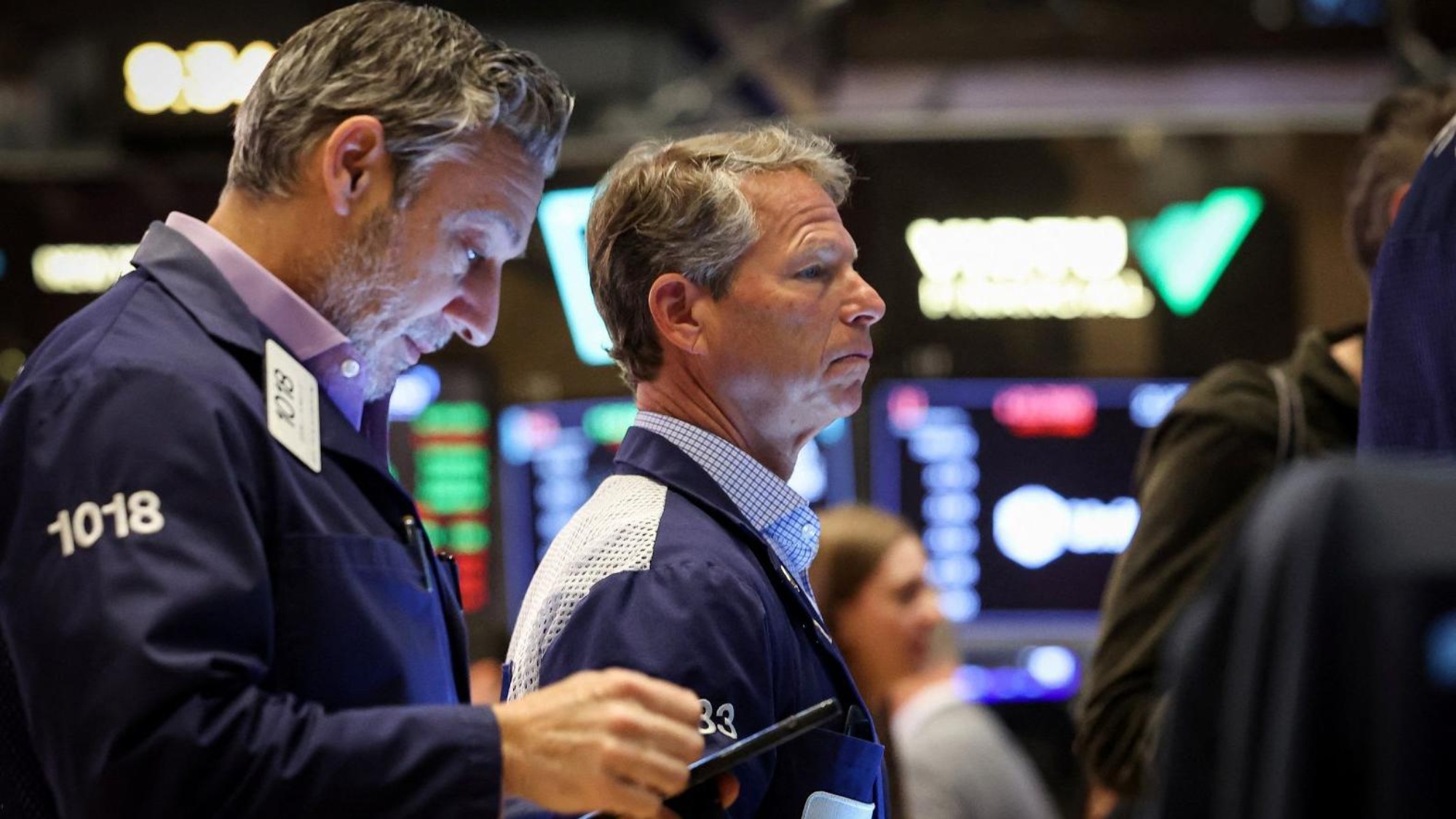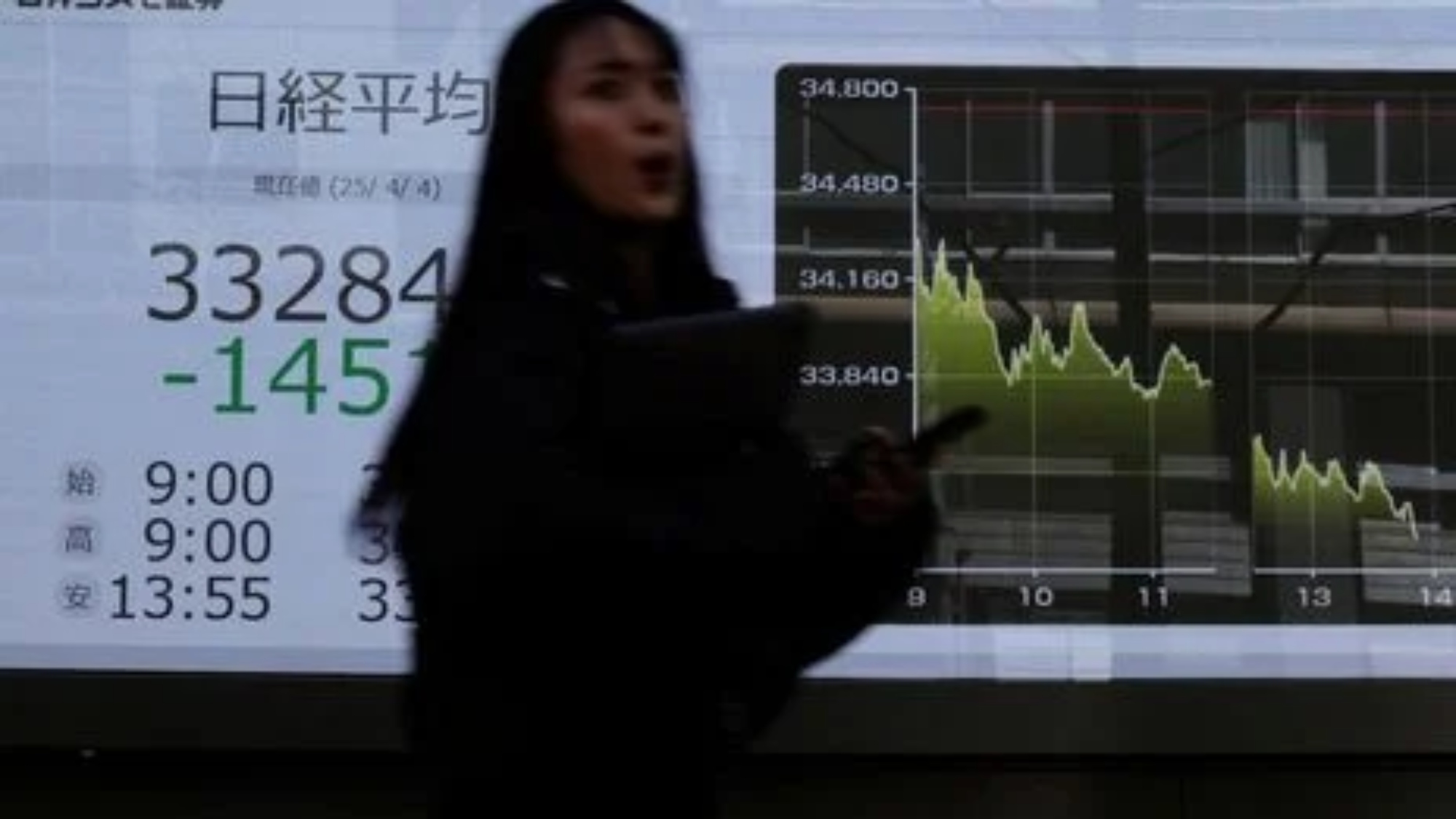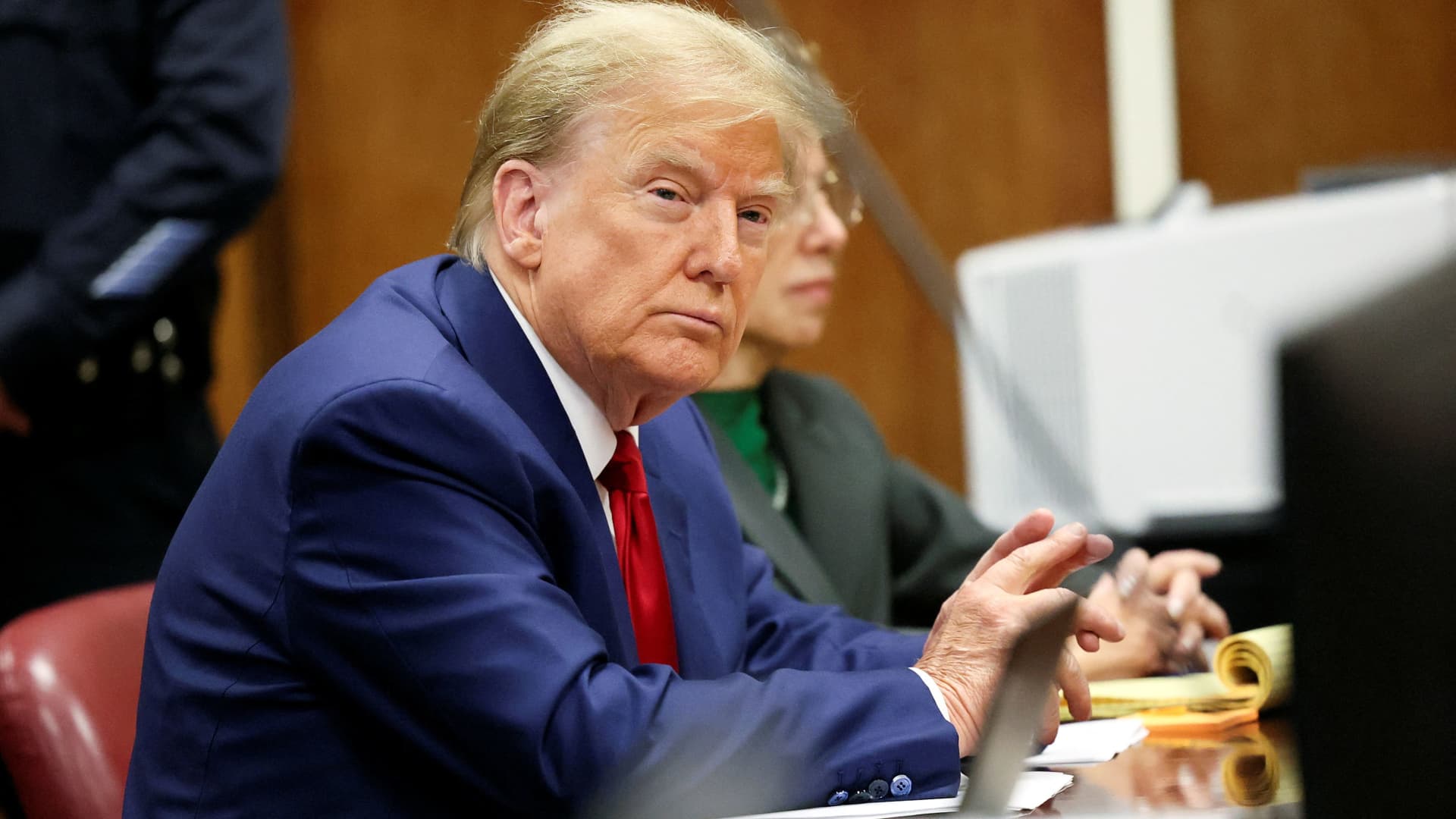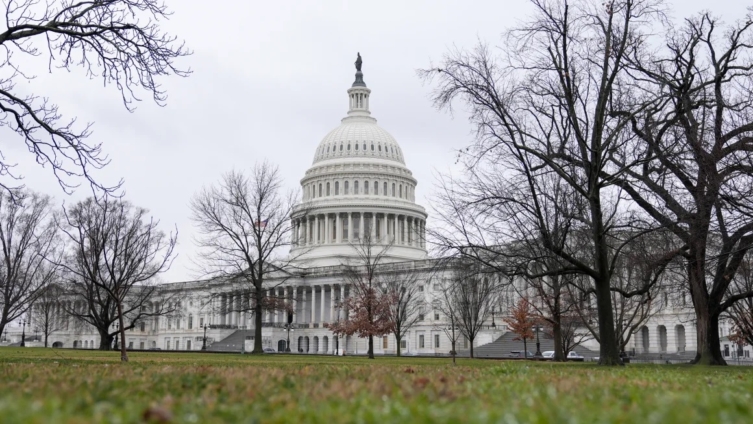US stocks have rebounded, despite concerns over potential tariffs impacting markets in Asia and Europe. This follows comments from US President Donald Trump, who suggested that he was considering import taxes that could affect "all countries."
Trump's remarks came ahead of his scheduled announcement of a sweeping package of import tariffs on Wednesday, which he has dubbed America's "Liberation Day."
These new tariffs will build on previous measures Trump has implemented, such as taxes on aluminum, steel, and cars, as well as higher levies on all imports from China.
Trump’s aggressive stance has heightened fears that a global trade war could damage the world economy.
His statements on the potential scope of the tariffs have been contradictory, contributing to significant declines in the US stock market over the past month. Just last week, Trump hinted that many countries might receive "breaks," but over the weekend, he appeared to favor a more comprehensive plan.
"You'd start with all countries," Trump told reporters on Air Force One on Sunday. "Essentially all of the countries that we're talking about."
The UK has acknowledged that it expects to be affected by US tariffs and has not ruled out retaliating.
The UK Prime Minister's spokesman stated that discussions on a potential economic deal between the two nations have been "constructive," but may take longer than expected to finalize.
Other regions, including the European Union and Canada, have already indicated they are preparing retaliatory measures in response to the tariffs.
This uncertainty about the future of trade relations has rattled markets and reignited fears of a recession in the US.
The S&P 500 index of major US companies has fallen nearly 10% since mid-February, making March the worst month for the index in years. The Nasdaq has dropped more than 10%, marking its worst quarter since 2022.
Despite ongoing uncertainty about the tariffs, US stocks opened lower on Monday but managed to stabilize by the close. The Dow ended the day up 1%, the S&P rose by 0.5%, and the Nasdaq dipped just 0.1%.
In contrast, Asian markets saw significant losses. Japan's Nikkei 225 dropped more than 4%, while South Korea’s Kospi fell 3%.
In Europe, the UK’s FTSE 100 index fell by nearly 0.9%, Germany’s Dax dropped 1.3%, and France’s Cac 40 lost roughly 1.6%.
Gold, traditionally viewed as a safe haven during times of economic instability, surged to a record high of $3,128.06 per ounce.
Shanti Kelemen, chief investment officer at M&G Wealth, told the BBC that significant uncertainty could persist, as past tariff announcements have often led to changes and adjustments.
Japan, a major exporter, is particularly vulnerable to the evolving tariff landscape, Kelemen noted, as the country is home to numerous automakers and has a significant stake in the semiconductor market, which could potentially be targeted by tariffs.
Could tariffs create jobs in the US?
Trump views tariffs as a tool to negotiate better trade terms while also protecting US industries and generating revenue. A White House fact sheet published last week suggested that a 10% tariff on all imports could create nearly three million jobs in the US.
Trump’s trade adviser, Peter Navarro, has estimated that the planned tariffs could raise $600 billion annually, which represents about a fifth of the total value of US imports.
However, many businesses expect these new taxes to be passed on to consumers in the form of higher prices, which could reduce sales and fuel inflation—an issue Trump had promised to address during his campaign.
Alternatively, if companies choose to absorb the costs, it would impact their profits.
A negative impact on businesses
Will Butler-Adams, CEO of Brompton Bicycle, a manufacturer of folding bikes that relies on the US for about 10% of its sales, expressed concerns that the tariffs could undermine his company’s competitiveness and force him to reconsider his investment in the US market.
"We won't continue to invest in the same way that we are now," Butler-Adams said. "We may even shrink; in the extreme, we might pull out."
He added that it has been difficult to assess the impact of the tariffs already in place, as they require detailed tracking of steel content in products to determine whether they meet US sourcing requirements.
"The reality is we don't [know] actually, and the people who are on the borders importing goods into the US don’t entirely understand how some of these tariffs might be enforced," he said.
TikTok's future
In other news, Trump indicated that a deal for TikTok to be sold by its Chinese parent company, ByteDance, would be finalized before the April 5 deadline. He had set the deadline in January, requiring the app to find a non-Chinese owner or face a ban in the US due to national security concerns.




.jpg)





.jpg)